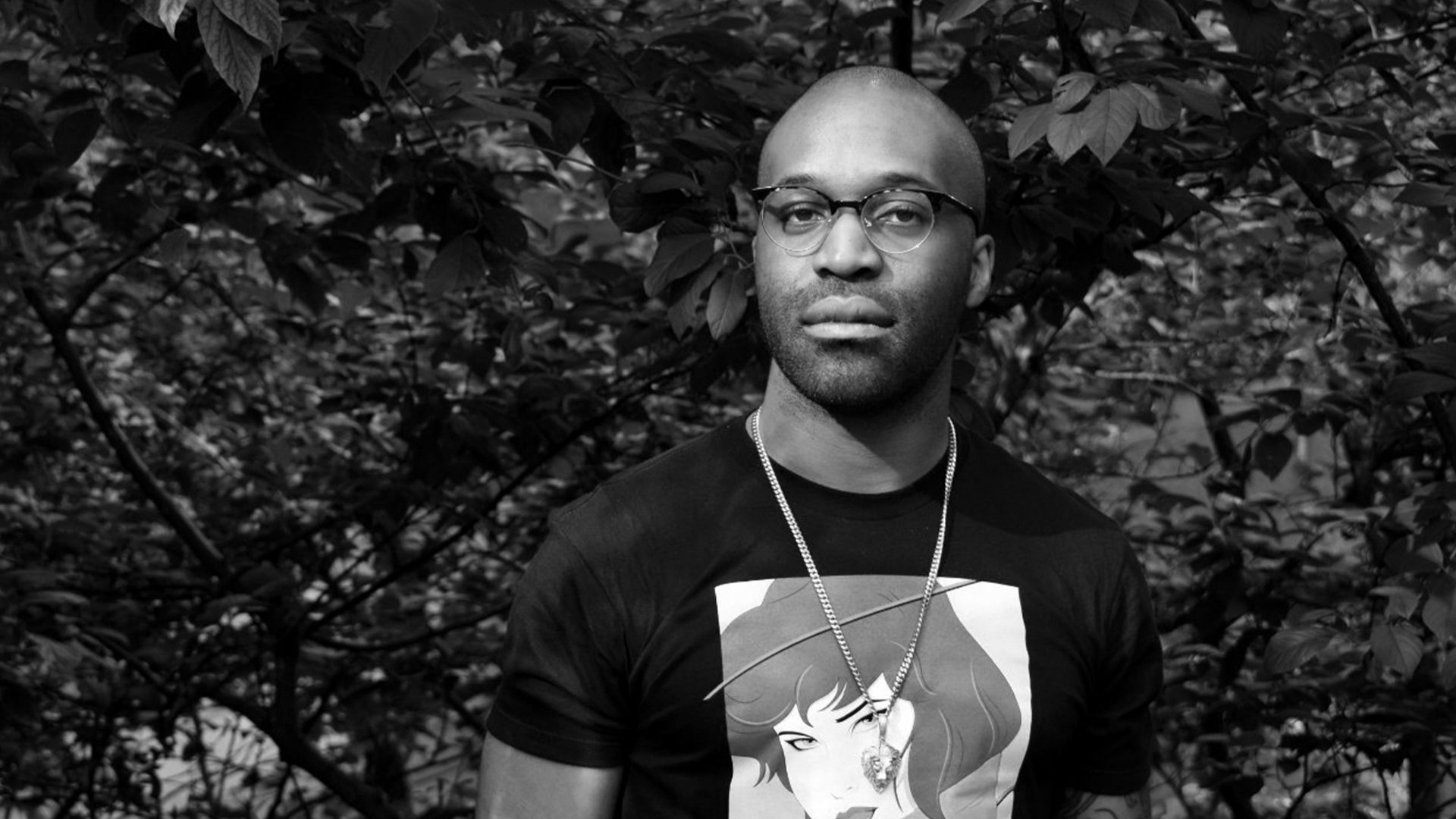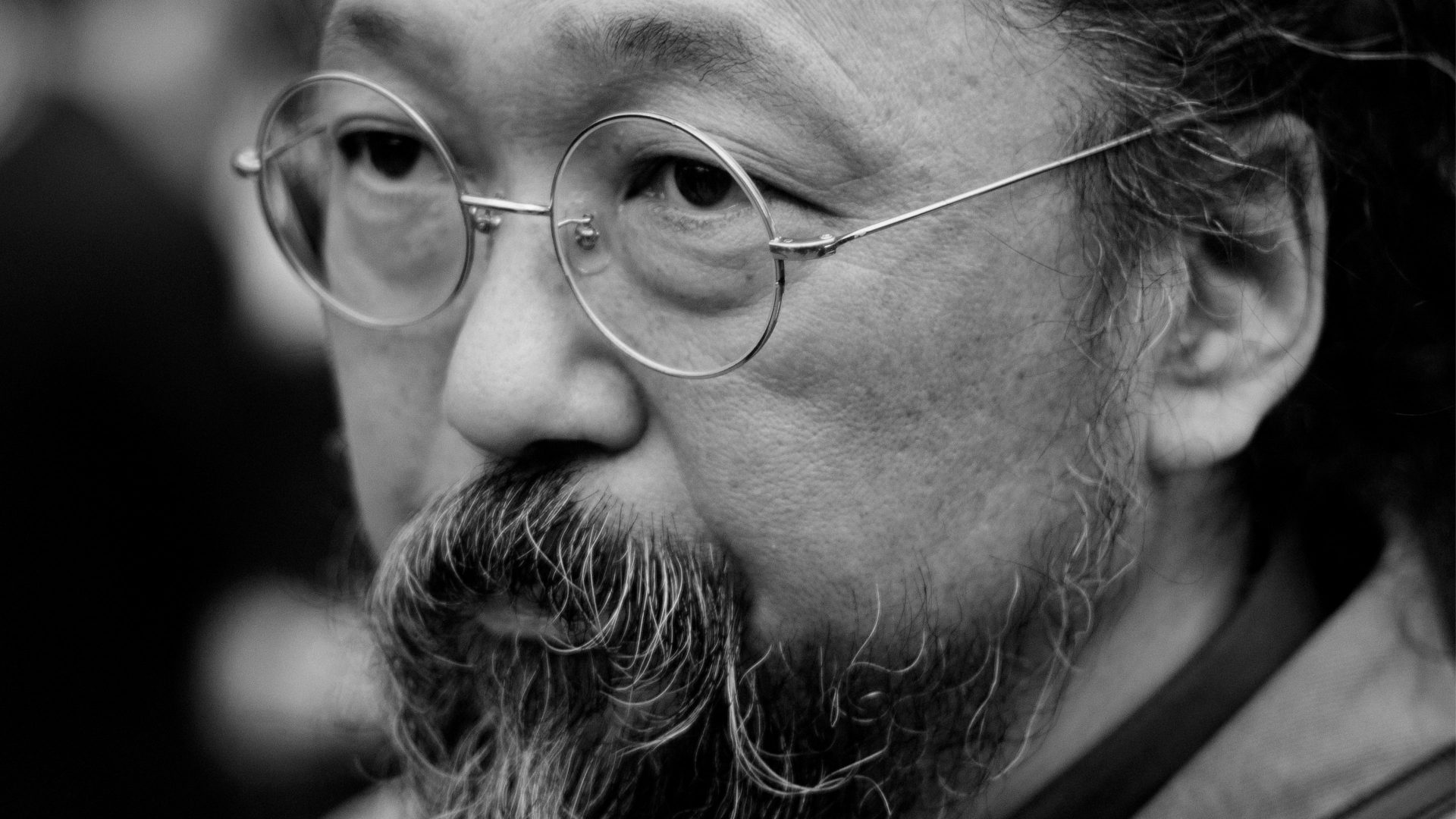Version 1: The end of the Holocene. Earth turns the tables on its apex predator, the industrial ziggurats collapse on us and bury us beneath tsunamis, never-ending fires and no small amount of brimstone. Exeunt Homo sapiens.
Version 2: In a fit of Merkelian technocratic optimism, the global north begins to correct its ways and, with international efforts rightly proportioned based on resources, carbon neutrality is attempted, holes in the ozone are patched, waters are cleared of plastics and pesticides, drought-ridden savannah is rendered fertile and verdant once again. Our solar-hydro-wind-powered homes embrace us, smiling.
Version 3: An amalgam of the previous two. Pockets of sustainability – of ecological recovery – fight to survive growing macroecological collapse. Islands of hope doing their damnedest to keep from drowning.
These look like futures. But we need not squint to see in them our present realities. Our present reality. (Except, maybe, for No 2.)
I am sometimes asked, “Why horses?” regarding my novel Goliath. The question concerns a subplot in a book set in the aftermath of climate collapse and nuclear fallout, where a group of brick stackers in New Haven must contend with gentrifiers from outer space. During a supplies run to Fairfield, Connecticut, one of them takes her partner on a trail through irradiated forest to reveal a small herd of horses. Shenanigans ensue. Where the horses came from, how they got there, both are unanswered questions. But there they are, a miracle of life amid dead and dying things.
So, why horses?
In the past, I’ve answered “magic”, and sometimes I’ve referred to that ineffable something that occurs between a person and the mysterious equine when the two meet. But the answer, the true answer, may be something closer to “God”.
Regarding the idea of reality, if God is invoked, it’s often as a patina over human circumstance, over the paradox of calamity coexisting with the sublime. God as explanation. God as delivery vehicle for cognitive assonance. I do not mean “religion”, though there can be something salvational about ritual and community. I am referring to something quieter, something believed more than performed.
Well, then, what does God have to do with horses?
There is a black box impenetrability to both, a perpetual incomprehensibility no matter what spiritual-cognitive proximity we may claim. But a thing happens when a person meets either of them: aloneness, if only for a moment, is alleviated.
In researching a novel about climate collapse and its After, my feelings about our ability to stem the tide of our own extinction vacillated wildly. They still do. Some days I figured our impending doom would be of the same genre as that visited upon the Egyptians whose Pharaoh refused to release the Israelites. And some days I guarded hope that once the present generation of global political and corporate leadership died off, the subsequent changing of the guard might deus ex machina our way out of (pre-)apocalypse. But now I’m resting somewhere in between or, rather, outside of the binary. Imagining another reality and committing it to the page will sometimes do that to you.
Perhaps the thing that changed for me is a newfound and intense interest in the Local. I don’t know about glacial retreat, but I know about armed Fulani herdsmen encroaching on my uncle’s home in Jos, Nigeria. I don’t know about marine-isotope stages, but I know what my firefighter cousin tells me about the diverse mandate of his work. I don’t know about the world, but I know about downtown New Haven.
People have already asked me – me, who, a few years ago, fumbled with his TV channels for so long he missed the opening minutes of a Super Bowl – for solutions regarding our climate plight. I have no policy prescriptions and even less faith in their implementation, but I do have faith in horses. Or rather something that horses can sometimes do to us. For us. I have faith in books, stories, that alchemic way of communicating to someone that they are not alone.
A decade and a half ago, I worked at a campus Barnes & Noble and one of my co-workers had just finished reading Cormac McCarthy’s The Road. As a disclaimer, he said he was not a big reader. But he had just had a son, and reading the book, he claimed, changed how he looked at the world, how he looked at his newborn son, how he looked at his family’s place in it all. I like to think it was because he saw something of himself in the characters. A possible future metaphorising the difficulty of caring for his progeny? A mimesis of his relationship with his own father? Something else entirely? I don’t know, but whatever was communicated, the very fact of its communication meant that for the duration of that reading, he was not alone.
I promised myself that I would not write something treacly about representation in response to the question of “What is reality?”, so I will say that I think, whatever our future, suffering is inevitable. The future of climate dystopia has already arrived in the Pacific, in the Sahel, in Central Europe, on the eastern and western coasts of North America, everywhere, and it is being felt most by the least among us, the always abandoned. If that were the entirety of my reality, hopelessness would be the order of the day. But I return to God, not as patina but as substratum. I return to that idea that there is an order, an Author, to it all, and horses. They appear in the post-apocalypse of Goliath, amid the least among us, the always abandoned, for a reason. To say: “You may have lost it all, but you have not lost me, whoever or whatever I am. There is magic here too, at the end of the world.”
I don’t have God to give you, and I don’t have horses, but I have my books, my stories, the pledge that today, for the duration of your engagement, you will not be alone, and the mad hope that tomorrow, the same will be true.
Tochi Onyebuchi is a science fiction and fantasy writer and former civil rights lawyer © The New York Times Company and Tochi Onyebuchi


